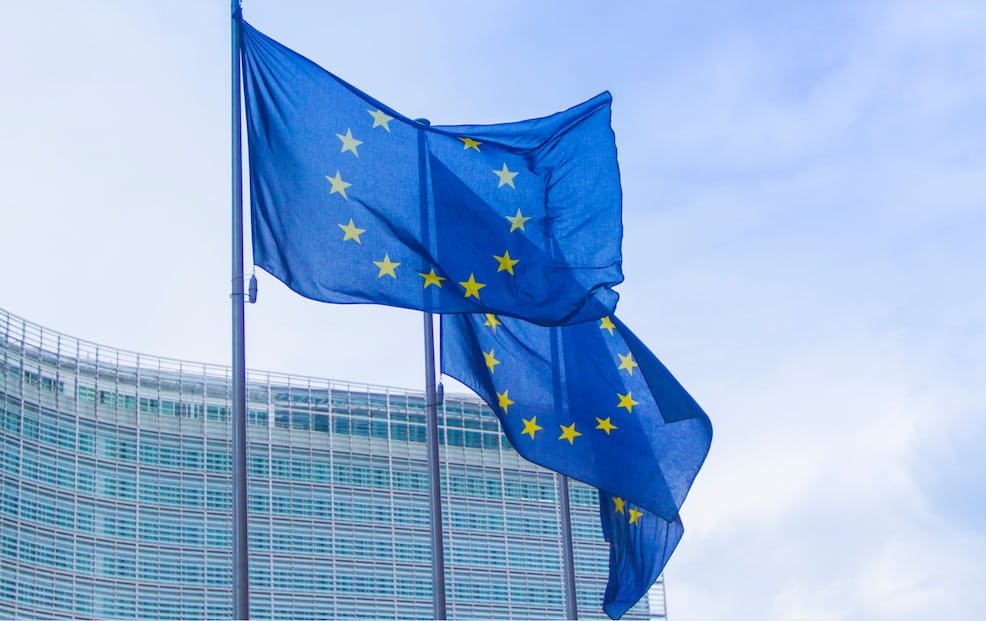The European Commission has put forward a new package of measures to build on and strengthen the foundations of the EU sustainable finance framework.
The transition to a climate-neutral and sustainable economy by 2050 offers new opportunities for companies and citizens across the EU. Many companies and investors have embarked on their sustainability journey, as the growing size of sustainable investment testifies. However, companies and investors are also facing challenges in this transition, especially when it comes to complying with new disclosure and reporting requirements.
The aim is to ensure that the EU sustainable finance framework continues to support companies and the financial sector while encouraging the private funding of transition projects and technologies. Specifically, the Commission is adding additional activities to the EU Taxonomy and proposing new rules for Environmental, Social, and Governance (ESG) rating providers, increasing transparency on the market for sustainable investments. The package aims to ensure that the sustainable finance framework works for companies that want to invest in their transition to sustainability. Its goal is also to make the sustainable finance framework easier to use, thereby continuing to contribute effectively to the European Green Deal objectives.
Ioannis Pappas, GSTC Director of the Mediterranean Region, states “The EU has achieved a great deal to promote sustainable finance over the years. In June, the European Commission released this Sustainable Finance Package in order to ensure that the EU sustainable finance framework continues to support companies and the financial sector to a climate-neutral and sustainable economy, while encouraging the private funding of transition projects and technologies with minimum costs. This is also important to increase the long-term competitiveness of Europe’s companies and economy and to fight climate change.
EU companies can use a number of voluntary tools to finance their transition towards sustainability over time, including EU Taxonomy, EU climate benchmarks, European Green Bond standard, Science-based targets & Transition plans. Based on that, a new set of EU Taxonomy criteria for economic activities are introduced, making a substantial contribution to one or more of the non-climate environmental objectives, including among others the transition to a more circular economy and protection of biodiversity. In addition, mandatory sustainability reporting standards for companies will ensure transparent and comparable sustainability information, while new rules on ESG rating agencies’ operations will offer more transparency and integrity, contributing to the EU’s green deal and the UN Sustainable Development Goals.
GSTC, as the leading global organization on Sustainable Tourism Standards, is increasingly supporting the development of universal measurement tools and analytics for sustainable tourism and travel in order to facilitate businesses assessing, benchmarking, and improving their performance on each of the criteria within the GSTC framework, while support company’s progress and commitment with respect to ESG. Such frameworks like the new EU Sustainable Finance Package are boosting the private sector transition, including Tourism related companies, in a more sustainable future.”
The Global Sustainable Tourism Council (GSTC) manages the GSTC Criteria and provides international accreditation for sustainable tourism Certification Bodies.
GSTC’s Intended Impacts & Outcomes
- Provide guidelines for businesses and destinations of all sizes and all over the world to become more sustainable. More information about the GSTC Criteria here.
- Provide guidance for travelers and travel providers in choosing suppliers and sustainable tourism programs
- Provide a common denominator for media to recognize sustainable tourism providers
- Help certification and other voluntary programs ensure that their standards meet a broadly-accepted baseline
- Governmental, non-governmental and private sector programs have a framework for developing sustainable tourism requirements. More information here.
- Provide guidelines for education and training bodies such as hotel schools and universities. For more information on our training program click here.
Learn more about GSTC’s Activities and Impact here. If you are a hotel or accommodation and you are interested in becoming certified please click here. If you are a tour operator and want to learn more about certification click here.
Full press release about the European Commission Sustainable Finance Package can be found here.





